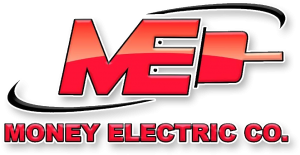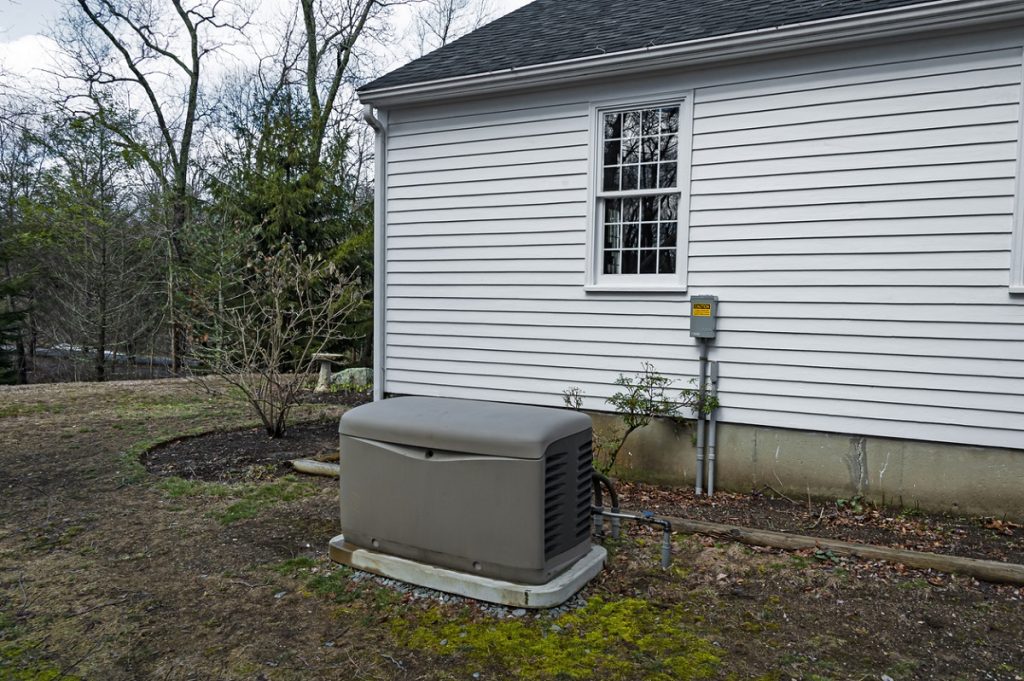A generator can represent a wise investment. When the power goes out at your home, you’ll be able to rely on your generator to keep the lights on and power some or all of your appliances. You’ll be able to stay comfortable and keep up with the same routine, and you won’t have to worry about anything. If you’re considering purchasing a generator, there are several important things to keep in mind.
Choose the Right Type
While it might seem like the size of your home would be the most important factor in determining what kind of generator to get, you’ll actually want to take a closer look at how much power you’ll need. Do you think you’ll be satisfied if your generator provides power to your refrigerator, electronic devices, and a few lights? Does your power go out for so long that you’ll need a generator to run your washing machine and dishwasher? Does your power go out frequently or only occasionally? The answers to questions like these can help guide your choice.
A small inverter generator may provide you with up to 2,000 watts. In comparison, a midsized version could give you up to 3,500 watts, and a larger inverter generator could give you approximately 7,500 watts or more, meaning that you won’t have to compromise very much when the power goes out. If you have a well pump and also need to run other major systems, it could be a good idea to get one of these.
The last option is a home standby generator, also known as a whole-house generator. It’ll supply you with plenty of power. With one of these, which would be hardwired to your electrical system and ready to jump into action at any point, you probably won’t have to make any adjustments when you lose power.
As you might imagine, more powerful generators come with higher prices. When selecting a model, you’ll have to try to predict how much you’ll need to use your generator in the upcoming years.
Keep Up With Maintenance
Regardless of what kind of generator you choose, be sure to give it regular attention. To take care of your system, use fresh fuel, change the oil according to the manufacturer’s recommendations, and replace spark plugs, filters, and batteries as necessary. In addition, keep your generator clean. Dust and debris can potentially interfere with electrical connections and other components, making it harder to operate.
Let Us Help You
Once you’ve selected the right kind of generator, you’ll be ready for the next power outage. Remember that regular maintenance can ensure that you get the most out of your investment. If you ever need assistance with generator service at your home in Conway, AR, please reach out to Money Electric.

